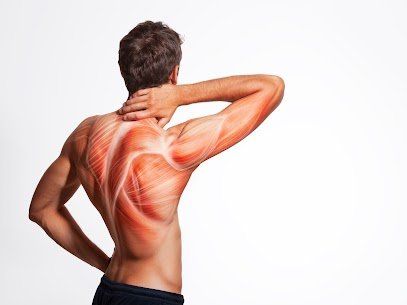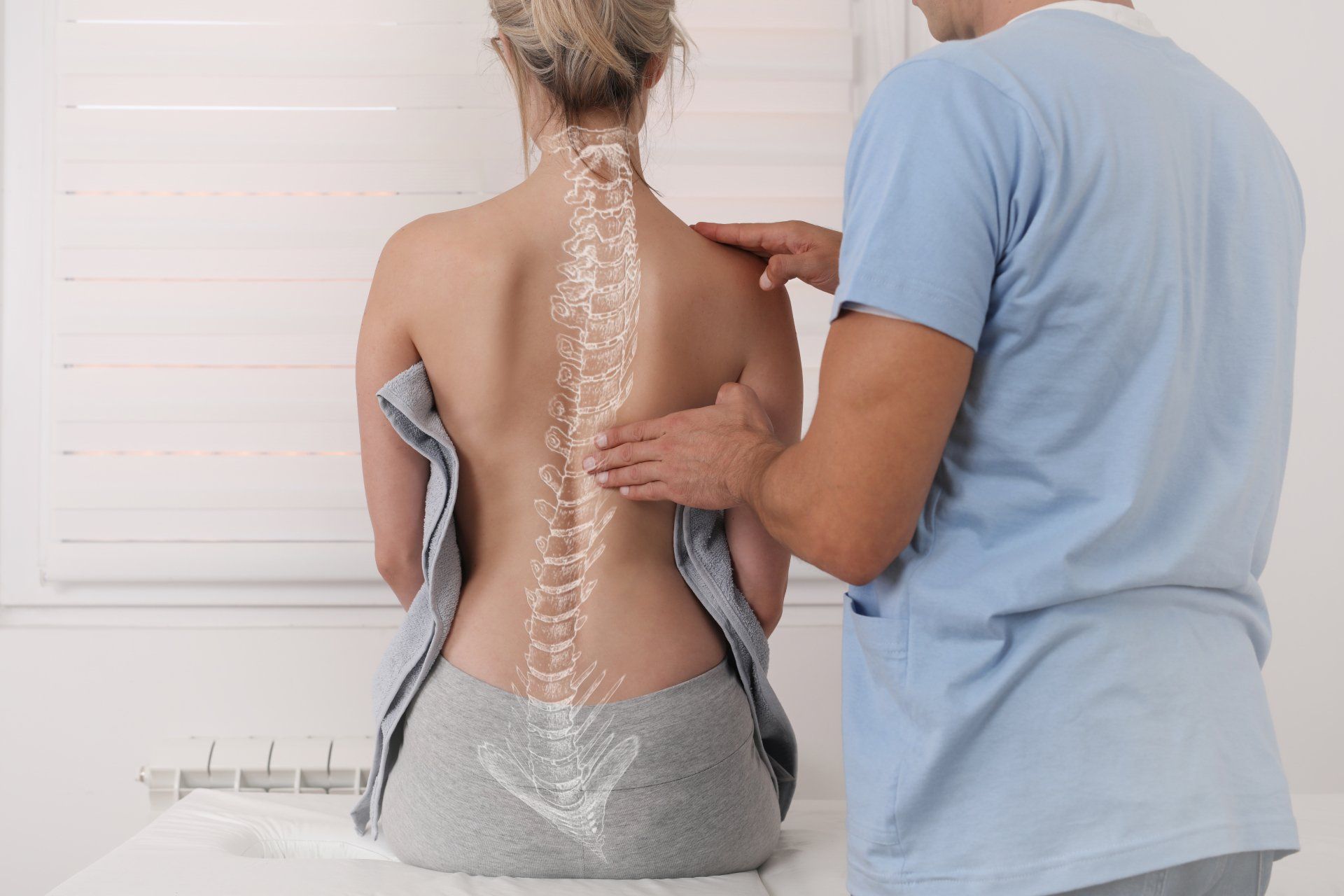Acupuncture Near Me, Omaha, Nebraska
Acupuncture Near Me-Komp Chiropractic and Acupuncture
Acupuncture Common Uses
According to research conducted in Germany, acupuncture may help relieve tension headaches and migraines.
According to the NCCIH, it has been shown to help with:
• neck pain
• knee pain
• low back pain
• headache and migraine
• osteoarthritis
They list additional disorders that may benefit from acupuncture but need more scientific evidence.
The World Health Organization published a list of conditions for which acupuncture has been shown to be effective in 2003.
These are as follows:
• chemotherapy-induced nausea and vomiting;
• certain gastric conditions, such as peptic ulcer; and
• chemotherapy-induced nausea and vomiting;
• dysentery
• facial pain
• allergic rhinitis
• rheumatoid arthritis
• morning sickness
• tennis elbow
• sprains
• dental pain
• sciatica
• reducing the risk of stroke
• inducing labor
Acupuncture may help with the following conditions, according to the WHO, but more research is needed:
• fibromyalgia
• neuralgia
• post-operative convalescence
• substance, tobacco, and alcohol dependence
• spine pain
• stiff neck
• vascular dementia
• whooping cough, or pertussis
• Tourette syndrome
According to the World Health Organization, it may also help in the treatment of a variety of infections, including epidemic hemorrhagic fever and some urinary tract infections.
They do, however, point out that "only national health authorities can determine which diseases, symptoms, and conditions can be treated with acupuncture."
Acupuncture Benefits
Acupuncture can be beneficial in the following ways:
• There are very few side effects.
• It can be used effectively in conjunction with other treatments.
• It has the ability to alleviate certain types of pain.
• It may benefit patients for whom pain medications are ineffective.
The NCCIH recommends that people do not use acupuncture instead of seeing a traditional health care provider.
WHAT TO EXPECT
Acupuncture points, according to traditional Chinese medical theory, are located on meridians, which are vital energy pathways. This energy is referred to as "qi" or "chi."
An acupuncturist will examine and assess the patient's condition before inserting one or more thin, sterile needles and providing self-care or other complementary therapies, such as Chinese herbs.
Depending on where the needles will be inserted, the patient will be asked to lie down on their back, front, or one side. Acupuncturists should use single-use, disposable, sterile needles. A brief stinging or tingling sensation may be felt by the patient as each needle is inserted.
After the needle is inserted, there is sometimes a dull ache at the base of the needle that goes away. Acupuncture is usually not painful. The needles are occasionally heated or electrically stimulated after insertion. The needles will be inserted for 5 to 30 minutes.
The individual determines the number of treatments required. A person suffering from a chronic condition may require one to two treatments per week for several months. An acute problem usually resolves itself after 8 to 12 sessions.
Choosing an Acupuncturist in Omaha, NE
Make certain that the person you choose has met certain basic standards for his or her health practice. One of your requirements should be training and education in the appropriate fields. While state licensing requirements vary, two national organizations offer resources for licensure: the National Certification Commission for Acupuncture and Oriental Medicine and the American Academy of Medical Acupuncture (for physicians).
Today, contact your local acupuncturist at Komp Chiropractic and
Acupuncture Clinic in Omaha, NE, for more information!


